At 9 AM this morning, I got a notification: "Wise's birthday."
Wise Systems is my software company. I met my cofounders around 2012 while we were at MIT. We researched together and were a full-blown company by 2014.
We work in distribution. Imagine you have 100 trucks and need to make 10,000 deliveries across LA this week — we build, optimize, and learn from the routes. We work behind the scenes, in the most hidden and important part of the operation, with household names. We work globally. A lot of products you consume or use or receive were likely delivered to you while using our software.
Over a decade, $73m dollars raised, and heaps of customers and scar tissue later, here are the most valuable — and often brutal — lessons I've learned as a tech founder. These are some things I will live by, forever.
1. SALES CURES ALL
I was talking to a friend recently about how I was a naughty kid, but I was smart. So I got away with just about everything because, at the end of the day, I had good grades.
In business, sales is similar. When your revenue is good, life is good. Without revenue, issues crop up everywhere. Sales doesn't just fund your company — it validates your existence, gives you negotiating power, and covers a multitude of operational sins.
2. PICK UP THE PHONE
One day my cofounder and I were agonizing over a deal. At the same time, his mom called. He explained our situation. She sat silently for what felt like eternity before saying, "Just call them."
That message has rung true ever since. Business does not close over email. The phone call you're avoiding is probably the conversation that will move things forward.
3. NEVER LEAVE WITHOUT A FOLLOW UP BOOKED
You are nobody's priority. I mean, nobody's.
Every sale requires: (1) discovering a need (2) creating a solution for the need (3) transferring the urgency to the prospect (4) figuring out the budget and timing (5) agreeing (6) closing. In general SaaS metrics, for every 10 times you go through this process, 7 will fall by the wayside.
Don't let prospects disappear into the ether. Before you hang up, before you leave that meeting, book the next one.
4. SHOW VALUE EARLY
Nobody wants to be sold to. Everyone wants to learn. Lead with insight, not pitch. Become the person who brings valuable perspectives to every conversation, and selling becomes the natural next step.
But to be valuable, you need to listen. I will never forget hopping in a truck with a truck driver — one of our users — for feedback. He looked at me and asked, "You made this app?"
With bright eyes I said, "Yes!"
"Why the hell would you have so many pop-ups on an app for someone whose job is to drive?"
Clocked me. Lesson learned. Fixed it in an hour.
5. YOU ARE AN EXPERT BEFORE YOU THINK YOU ARE
We have worked with "adults in the room" who were novices and could not understand our business.
Don't underestimate your domain knowledge just because you're young or new to business. You've been living and breathing your problem space — that makes you more expert than many people with impressive resumes who parachute in.
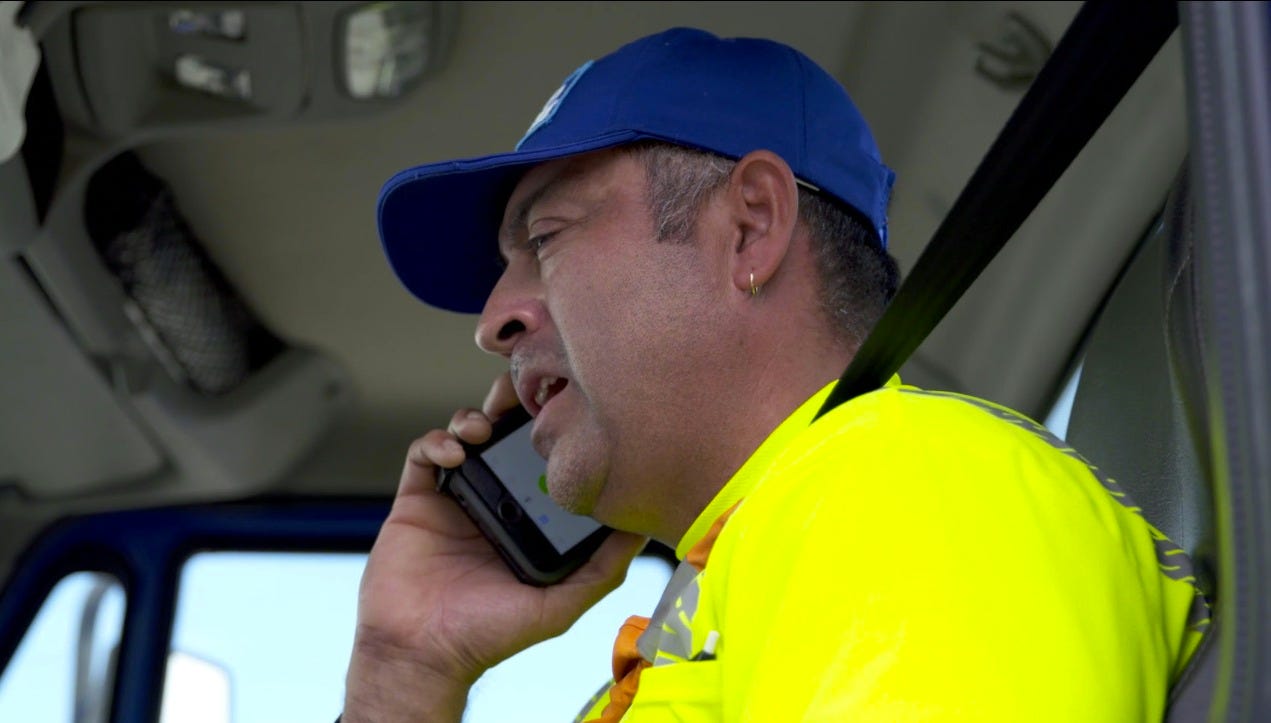
6. HARD WORK WITHOUT ALIGNMENT IS A WASTE OF TIME
Alignment means different things at different stages, but alignment always requires a clear goal.
You can work 80-hour weeks and accomplish nothing if you're not aligned with your team, your market, or your strategy. Clarity is more valuable than effort. Clarity with effort is explosive.
7. WAIT 48 HOURS TO REACT WHEN YOU ARE MAD
Crash-outs are expensive at work. Don't crash out.
That email you want to fire off in anger? That call you want to make to "set the record straight"? Wait. Sleep on it. Then sleep on it again. Your future self will thank you.
8. YOU MAY BE A GOOD LEADER, BUT YOU ARE PROBABLY A BAD MANAGER
Leadership and management are different skills. Leadership requires vision; management requires scaling execution.
Most founders are natural leaders—we have to be to get people to believe in something that doesn't exist yet. But management? That's a learnable skill set that takes time to develop.
And management especially requires feedback. And nobody wants to give you feedback. Because the higher you ascend, the more likely people are to sing your praises and get in good standing with you.
Seek negative feedback like it’s your lifeline. More on this in #13.
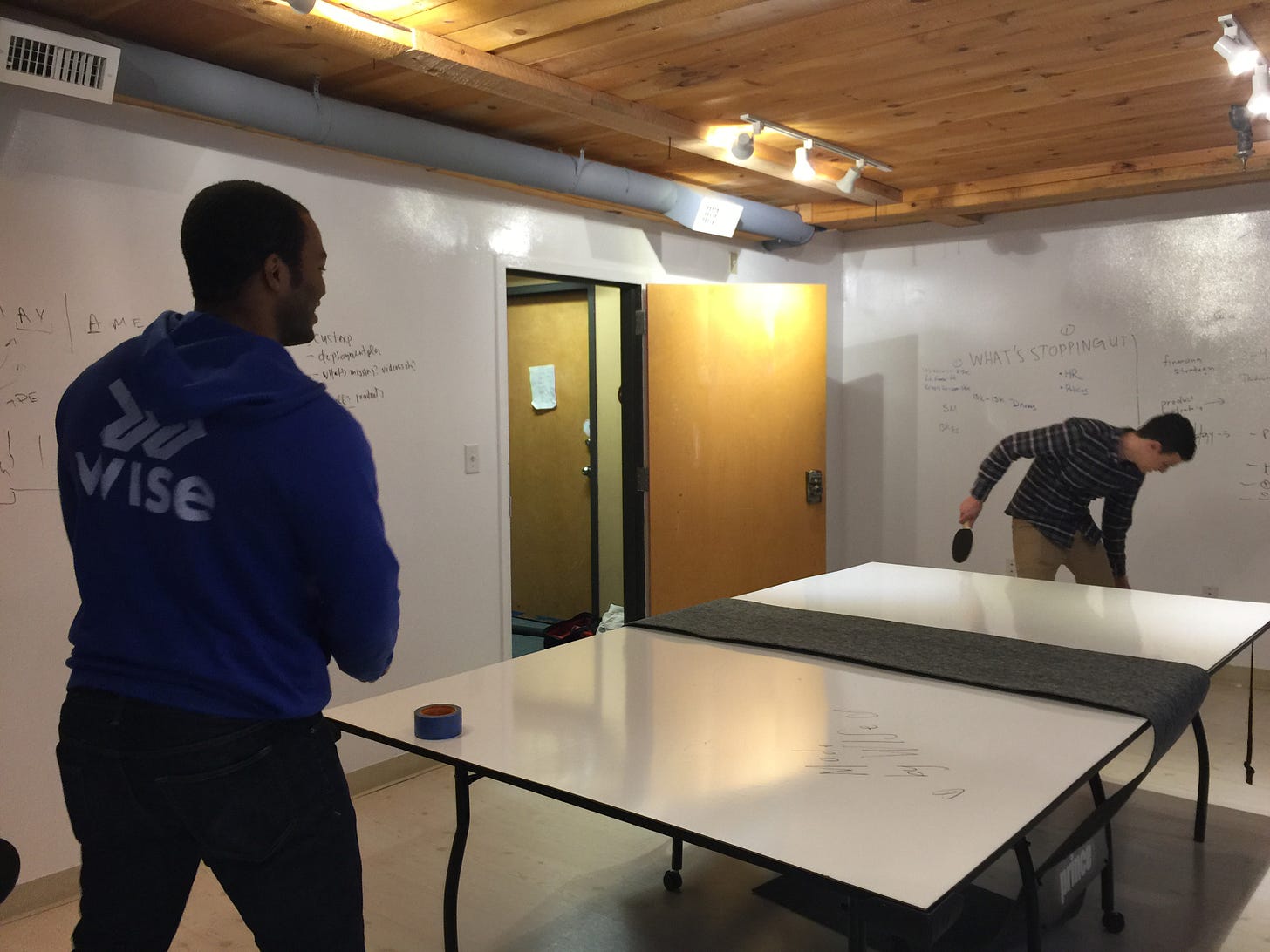
9. NOBODY IS COMING TO SAVE YOU
Don't drink the self-obsessed-founder-kool-aid. You will become powerful because you either ride someone's coattails or because you are so excellent you cannot be denied. The startups that survive fall in category two.
Stop waiting for permission. Stop waiting for recognition. Build something so undeniably valuable that the world has to pay attention.
10. BUILDING A BUSINESS IS BORING
Like, really boring sometimes. It can look like reading documents, scheduling webinars, creating copy, doing accounting, submitting receipts.
One of my most popular posts is dedicated to the importance of boredom
Without a regulated nervous system, you will be really bad at being bored. Learn to find satisfaction in the mundane work that actually moves the needle.
11. YOUR ONLY LIMIT IS HOW YOU PERCEIVE YOURSELF
Early on, I told myself not to post on social media because I would be perceived as someone who wasn't focused, as one investor had already made a snarky comment about me "traveling a lot" — implying I wasn't focused on the business.
The travel? Implementing customers.
Don't let other people's narrow definitions limit your potential. The constraints you accept become your reality.
And kinda-related-but-kinda-not, role matters more than title. In the early days, role are limiting. Clean the floors. Pick up a support call. Write some code. Do it all. And don’t resent it, every job is your job.
12. MOTIVATION IS DANGEROUS
Motivation is fleeting. I talk about the dangers of motivation more here. It comes and goes with your mood, your energy, your circumstances. Routine and discipline? They show up whether you feel like it or not.
Build systems that work even when you don't want to work.
13. FAILURE ACCELERATES SUCCESS
If you're bad at something, figure out you're bad at it quickly. Few people give honest feedback to founders, so you have to become ruthless about identifying your blind spots.
Every failure is data. Every mistake is a course correction. The faster you fail, the faster you learn, the faster you succeed.
Which of these has been the most surprising? Which has landed?
14. GIVE THEM NOTHING
You are probably optimistic if you started a company. You are likely delusional, actually. And that’s a good thing. You wouldn’t start a business if you were not pretty naive about the realities of starting a business. And that naivety will make you soar, until it kills you. You have to believe in something most people think is impossible. But don’t let it kill you.
But here's the reality check: People will ask to buy you, invest in you, and people will try to scheme how to replace you. When these conversations come up, remember this phrase:
"We are always open to rational business decisions."
Keep it in your back pocket. It keeps the door open without saying anything. Don't get overly excited. Don't show your cards. And stay naive, but don’t get stupid.
15. NOTHING MATTERS MORE THAN YOUR TEAM
A good business = a good team. Nothing is more crucial than who you hire and work with. Nothing.
Early in the software journey, you will spackle over product gaps with people. As the business and product flesh out, both are at the mercy of those building them.
Our brand 10 years ago versus our brand today ^.
(PS, our brand goes hard — make sure your brand goes hard).
THE ODDS ARE STACKED AGAINST YOU, LAYLA
Here is a letter I am addressing to Layla of 2014. The rest of you are welcome to read it, but really, this is for Layla.
Hey girl,
Your first day on the job, you entered the 7% of minority women in the C-suite in the USA.
The odds of getting venture-backed are low. No other hijabi has done it before with more than a few million bucks. But you will.
The odds of survival are low — most startups die within the first few years, usually because they run out of money. But you will cross that threshold.
The odds of founders staying together are low. But you and your cofounders will last together for many years.
The odds of profitability are low — only 10% of venture-backed companies become profitable. But you got this.
The beautiful thing about being an outlier is that you're already comfortable with defying odds. Every milestone that seems impossible to others is just another problem to solve for you.
Building a business isn't about beating the odds, it's about being so focused on the work that the odds become irrelevant.

<3 Happy birthday to us.
What do you think? If you have come this far, drop a comment. Or a happy birthday. What lessons would you add to this list? What brutal truths have you learned building your own company? What do you want to hear more about?





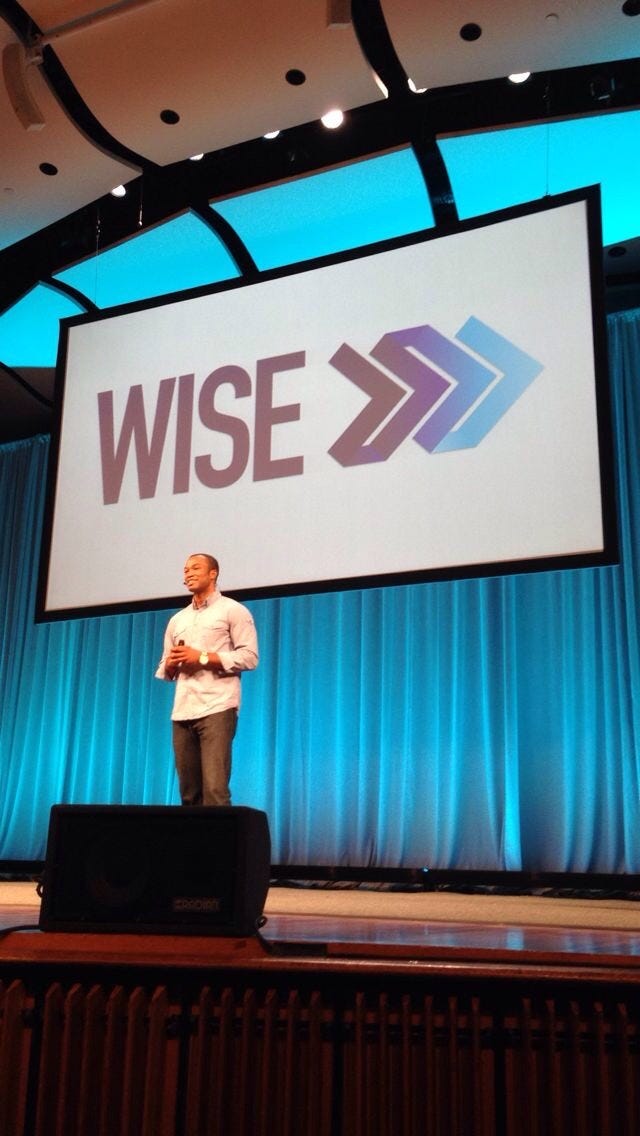
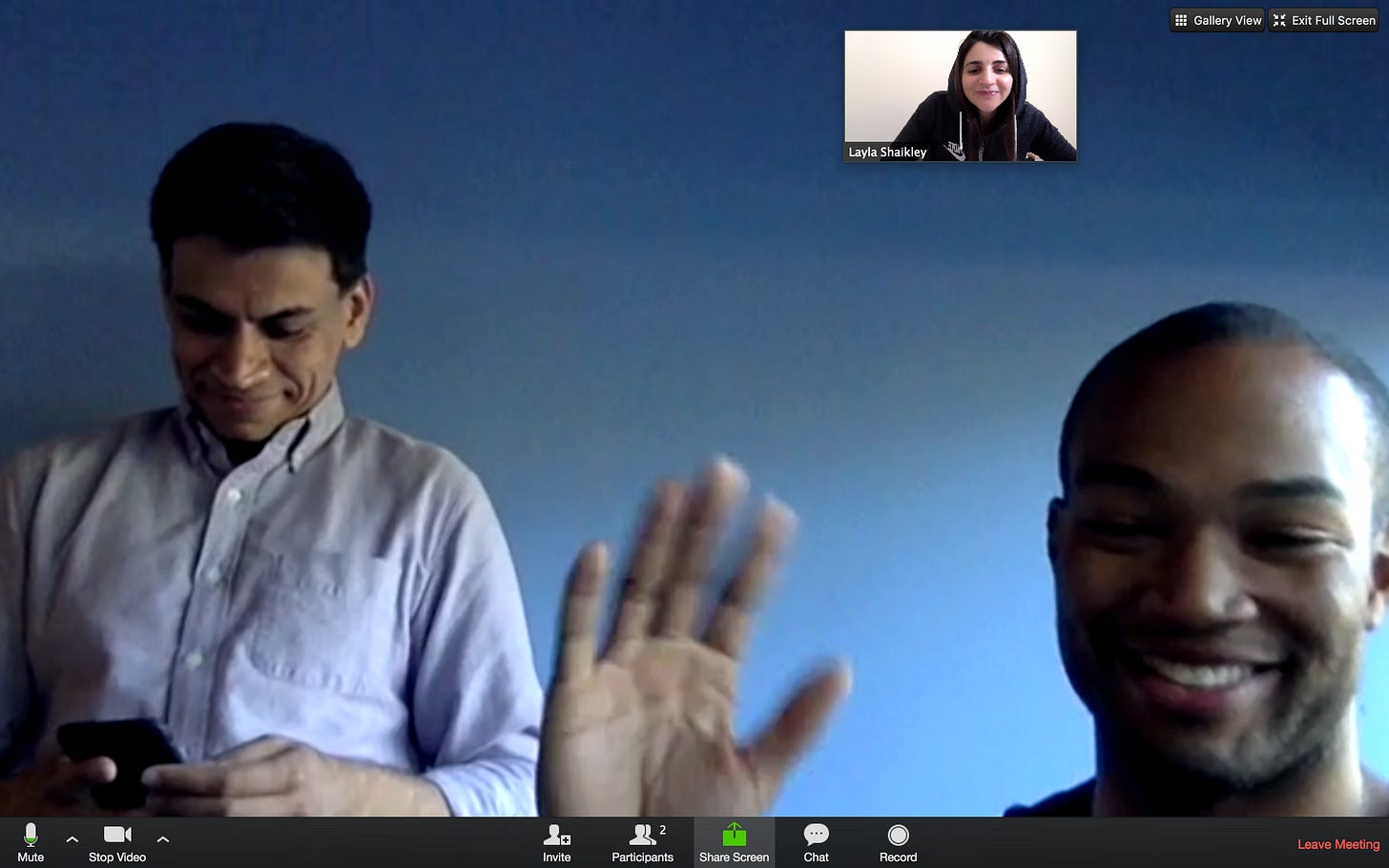
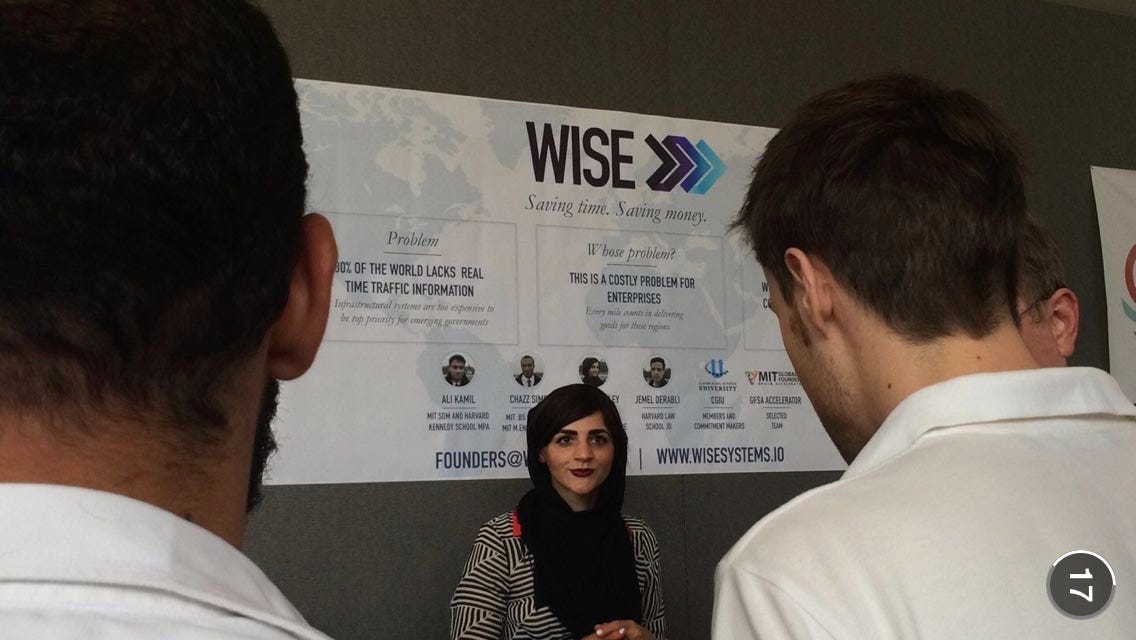

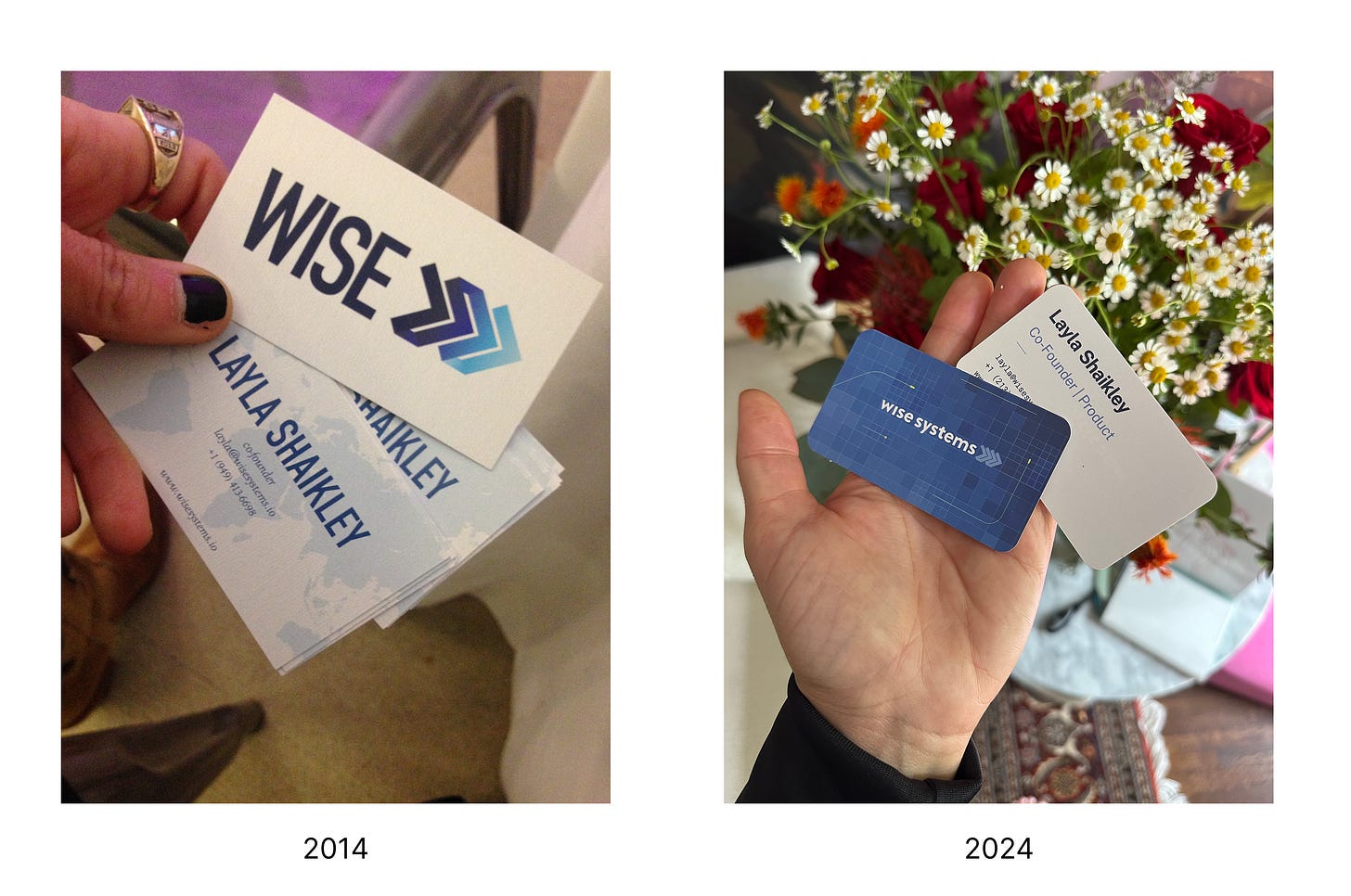
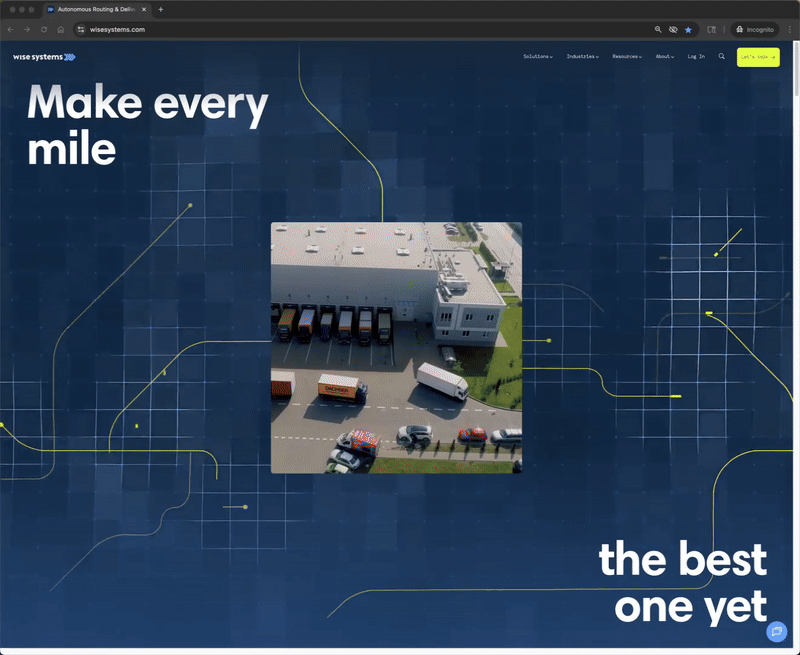

I actually grew up with your colleague on the left in the zoom picture. We are family friends. Small world!
The point on not showing one's card is one the best skill a founder you have if not one will be out of market being getting into the market.
Investors, competitors, employees and people generally will ask indirect questions on what makes you the best or how you aim to be the best but discernment is knowing that this question needs to be answered strategically.